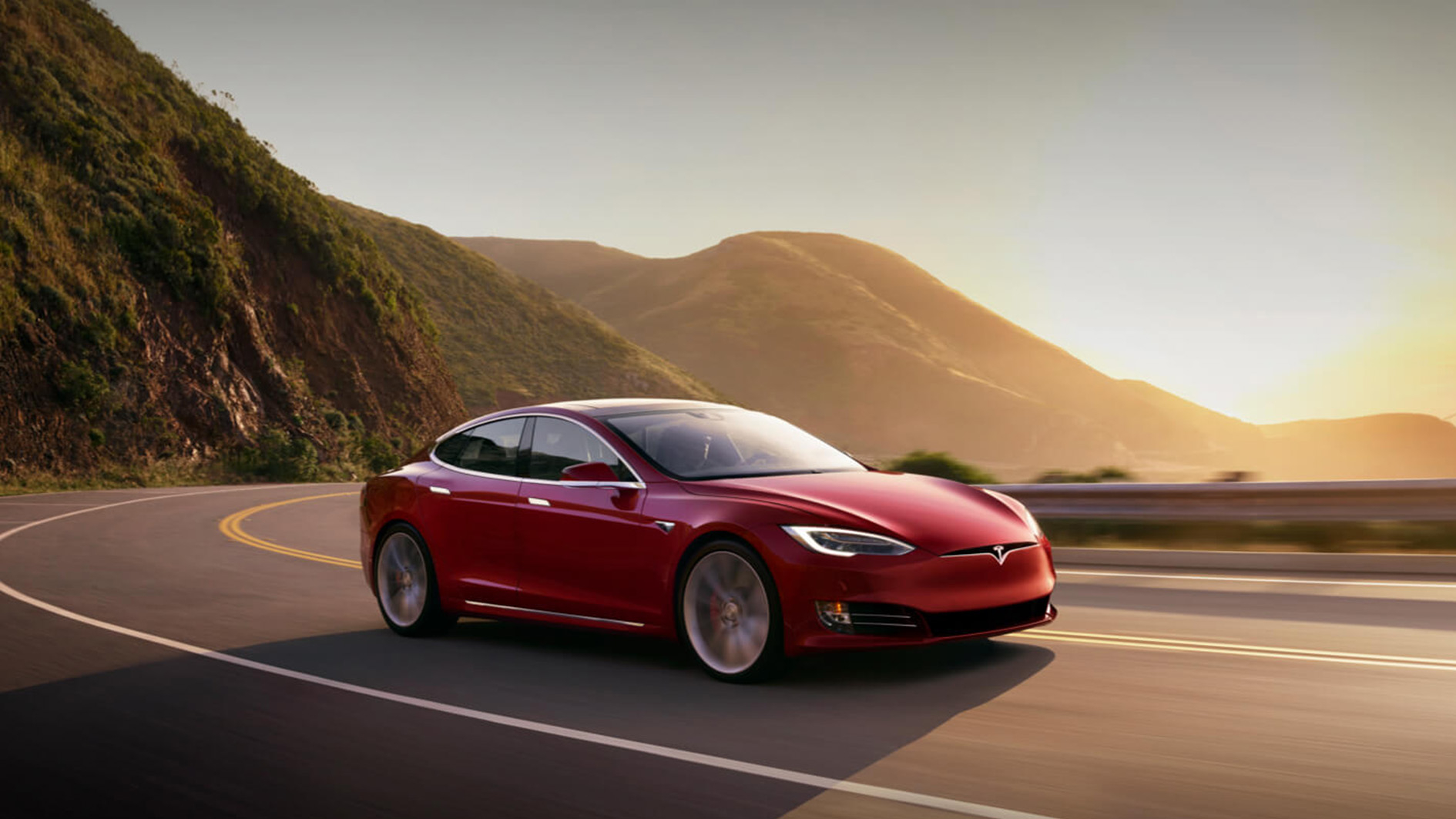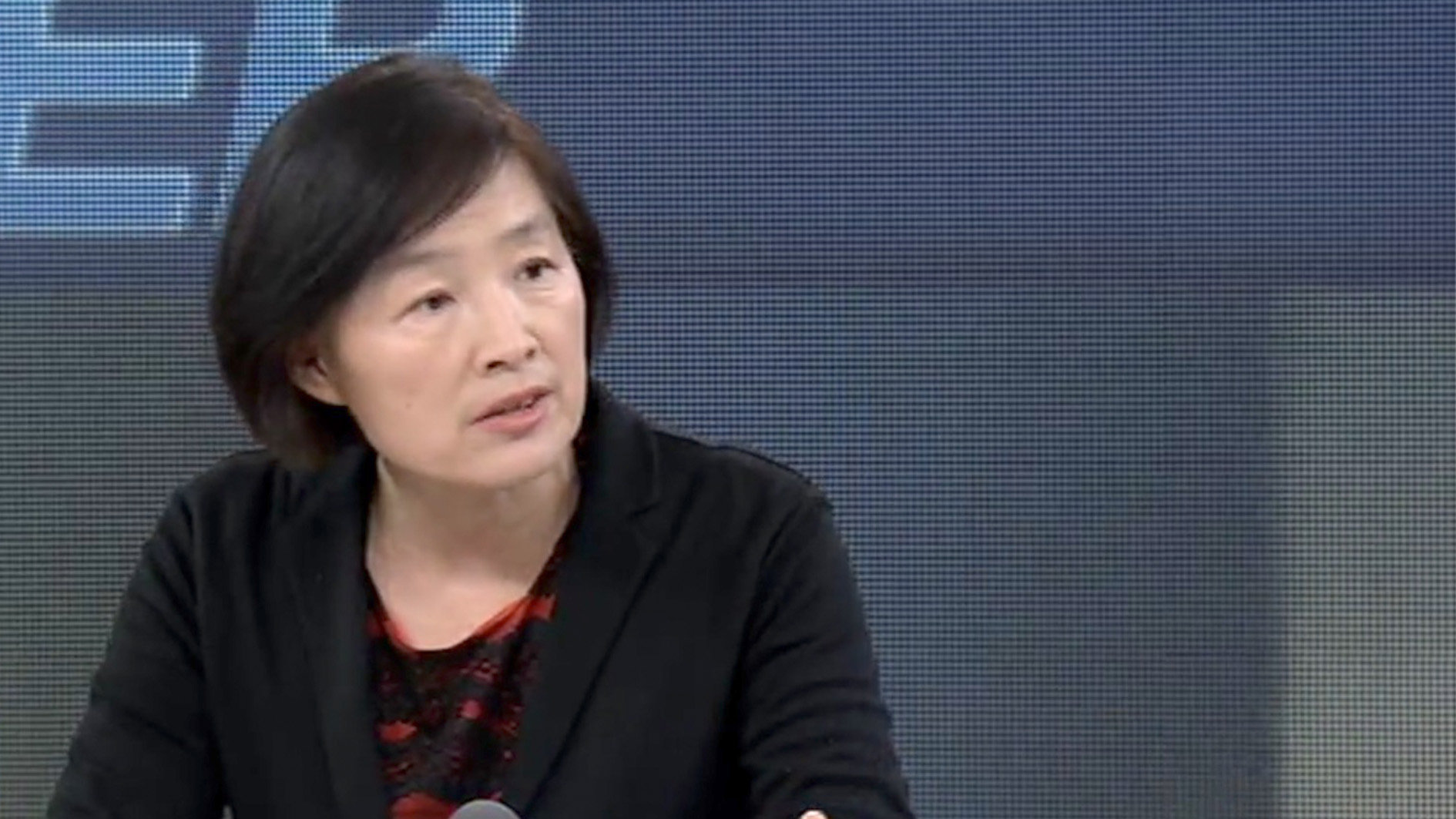
TV Show
15:44, 03-Mar-2019
China is on track to lead new energy market
Updated
16:10, 03-Mar-2019
Dialogue with Yang Rui
01:14

Hainan will ban the sales of fossil fuel vehicles by 2030 in a bid to combat pollution.
It is the first region in the country to make a formal commitment to phasing out diesel and petrol cars, which calls for a plan to accelerate the use of new energy vehicles.
The announcement marks the Chinese government's ambitions on the green agenda.
Wu Changhua, executive director of the Professional Association for China's Environment, pointed out that transportation is an extremely crucial part of air quality control on a national level, and that the government must play a role in setting a bar in the market entry.
"I think Shenzhen sets a good role model in terms of public transportation from the taxi fleet perspective. Partly because the government is on the board. The government fully supports this endeavor that set ambitious goals and targets,” Wu said.
"We have industrial players like BYD and local companies there as well providing the products. And there are many other investors coming on board investing in infrastructure."
She believes that models like Shenzhen and Hainan demonstrate that the country is already stepping in the right direction and that China is providing a tremendous dynamic market for technology to develop.
"Technology cannot forever stay in the lab. It is occurring around us," Wu stressed.
Dr. Shen Yiyang, a senior consultant at Asian Development Bank, said he agrees with Wu on this issue.
"If we take an example of a solar panel in the past 10 years, you will see after mass production, the price of batteries and electric cars will be coming down," Shen said.
"Now in Africa, a lot of renewable energy projects are being developed, as well as in India. So I think in the future, we can combine those electric car systems with clean energy, which actually will make the price of transportation lower.”
As for global trend, Shen believes that with technology progressing, sooner or later there will be a unified market involving all different nations.
As the market for electric vehicles is booming, automakers are likely to face increasingly fierce competition.
01:12

The Polestar 2, a newly unveiled all-electric vehicle model, is commonly perceived as the strongest rival for Tesla's Model 3. Production of the five-seat sedan will start in early 2020 in China. Before that, however, Tesla's Model 3 almost dominated the global electric car market.
In addition, the brand Polestar is now jointly owned by Volvo and its parent Geely, the largest domestic automaker in China.
00:53

Talking about the competition in this industry, Victor Yang Xueliang, VP of and spokesperson for Zhejiang Geely Holding Group, expressed his confidence and optimism.
"I think we already have made a great improvement on the electric and hybrid solutions here in China," Yang said.
"In terms of the technical quality and solutions we are providing to the customers, we are a competitive player in the global arena," he added.
"The competition from international manufacturers, for the moment, is quite small, but Chinese domestic brands have been very active. We are introducing electric and hybrid cars more and more in the past few years, and get recognition from the consumers."
(If you want to contribute and have specific expertise, please contact us at opinions@cgtn.com.)

SITEMAP
Copyright © 2018 CGTN. Beijing ICP prepared NO.16065310-3
Copyright © 2018 CGTN. Beijing ICP prepared NO.16065310-3